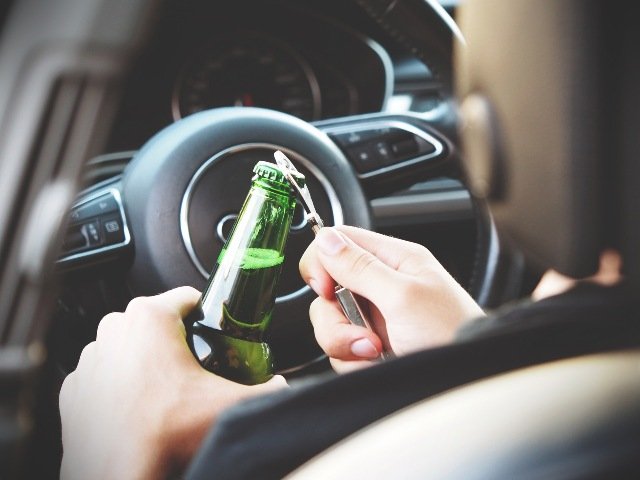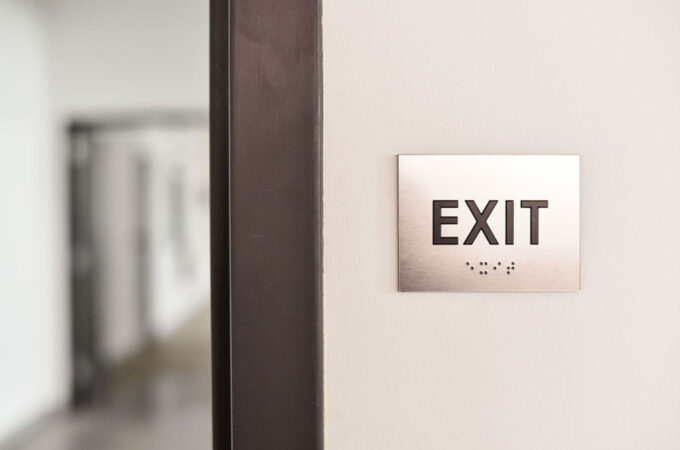
4 Things to Know to Protect Yourself from Impaired Drivers
The idea of sharing the road with impaired drivers is an unfortunate fact of life. While it is never acceptable or safe to drive under the influence of substances, including alcohol, that doesn’t mean people always follow the law or behave safely.
According to the National Highway Safety Administration, a driver with a blood-alcohol level of 0.08 or greater will experience problems with concentration, short-term memory loss, and reduced information processing.
All of these effects and many others mean someone under the influence isn’t able to be a safe driver, and often this can be the case even when their blood-alcohol level is less than 0.08.
Regardless of strict laws and enforcement of these laws, statistics show 2 out of every 3 people will be involved in a drink driving accident at some point in their life.
With such daunting statistics facing you, you may wonder how you can protect yourself or your loved ones from impaired drivers.
The following are four important things to know to protect yourself from impaired drivers and perhaps help keep others safe as well.
Look for Common Red Flags
If you’re on the road, and particularly at night or on the weekends, there are certain red flags and signs of impaired driving to be aware of. When you’re aware, you can be more cautious to keep a safe distance from these drivers.
Some of the possible red flags of drunk driving can include:
- Driving in the center of the road
- Weaving or zigzagging
- Abrupt turns or swerves
- Driving too slowly
- Drifting
- Braking erratically
- Slow reactions to traffic signals
Of course, these aren’t the only signs, but any time you see someone behaving in a way that seems abnormal, be proactive, alert, and try to avoid them as much as possible.
Practice Defense Driving

Defense driving can help you stay safe, whether you suspect someone around you is driving drunk or you’re driving at a time when drunk drivers are more likely to be on the roads.
Defensive driving means that you’re on guard, you’re keeping an appropriate distance from the vehicle you suspect could have an impaired driver, and you are ready to take fast, decisive action if necessary.
One of the places that drunk driving accidents most frequently tend to occur are intersections. An impaired or drunk driver may come to an intersection and fail to stop.
As part of your defensive driving protocol, ensure that when you come to an intersection, you take your time. Yield and look both ways.
If you’re driving at night or during a time when there is the potential for more drunk drivers to be on the road, stay in the far-right lanes. When drunk people drive the wrong way, it’s often because they’re on the wrong side of a partition. They think they’re in the right lane and will stay to the right, so if you were on the left, they would be driving in the opposite direction of you.
Know What Not To Do
While there are things you should do if you suspect a drunk driver, such as calling 911 or the police, there are certain things you shouldn’t do as well.
For example, you shouldn’t try to stop the vehicle or ignore traffic signals to try and keep your eye on the vehicle.
You shouldn’t try to follow an impaired driver too closely or get involved in a situation with law enforcement or a first responder.

Try to Avoid Certain Times
There are certain times of night and even the year that means you may be more likely to share the road with an impaired driver. Night is when drunk drivers are most commonly out, but the early morning hours can be a time when impaired drivers are on the road too.
Holidays and even the entire summer season can be times when more impaired drivers can be on the roads, and the same goes for weekends.
If you can avoid being on the road at certain times, it can reduce your risk of being involved in a drunk driving accident, although, of course, these situations can happen at any time.
Finally, while you can’t control other people on the road, you can control yourself. Never be a distracted driver, and that’s especially true at night. You want to be present and actively engaged in everything going on around you at all times. You can’t prevent every possible accident, but you can do your best to be a vigilant driver.




